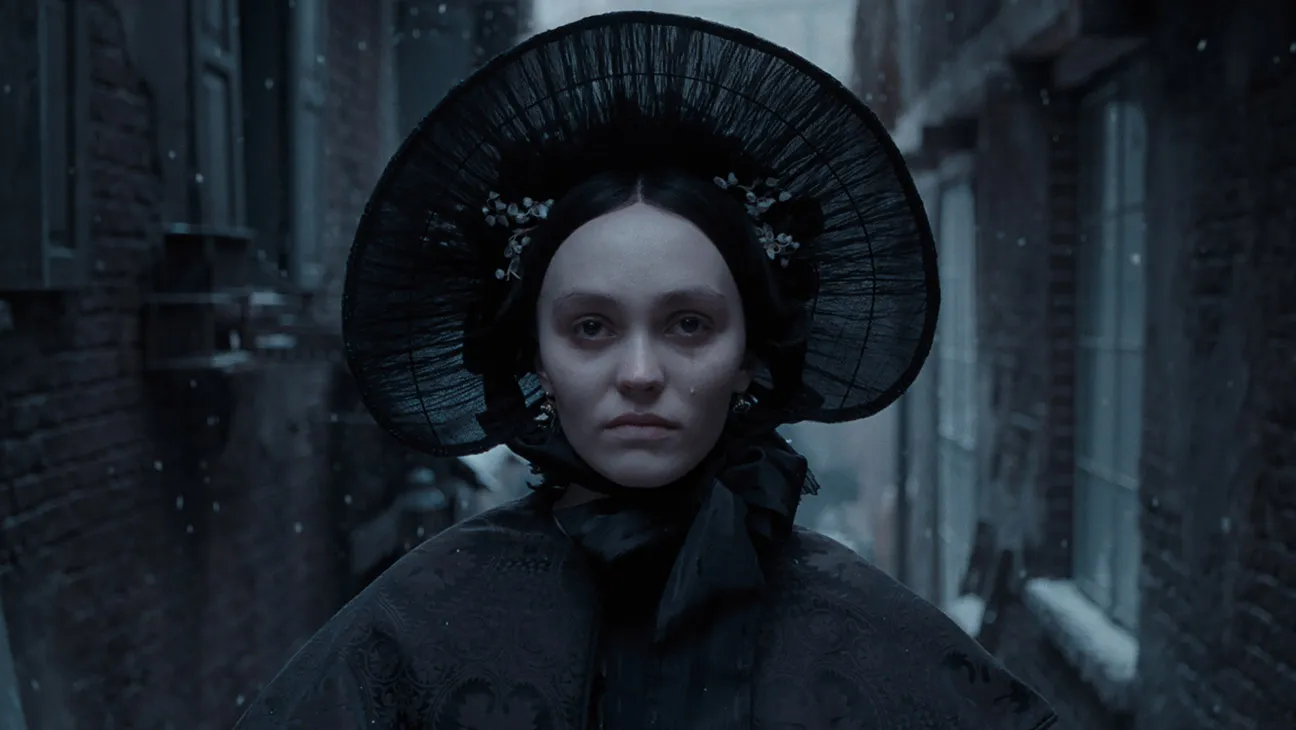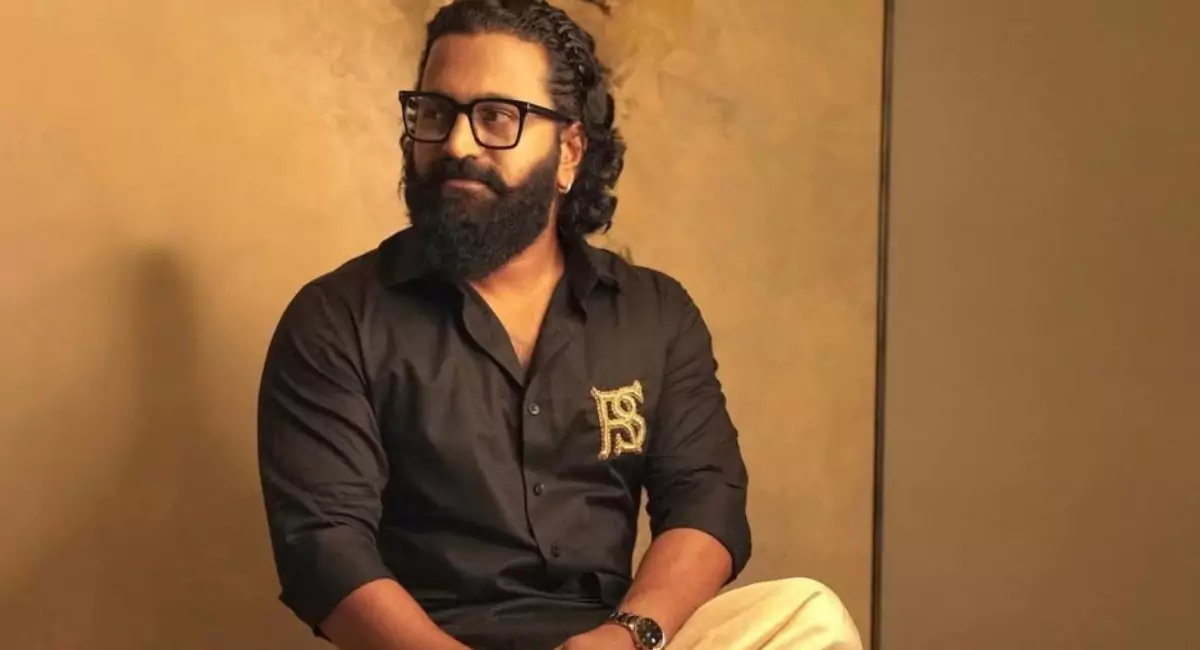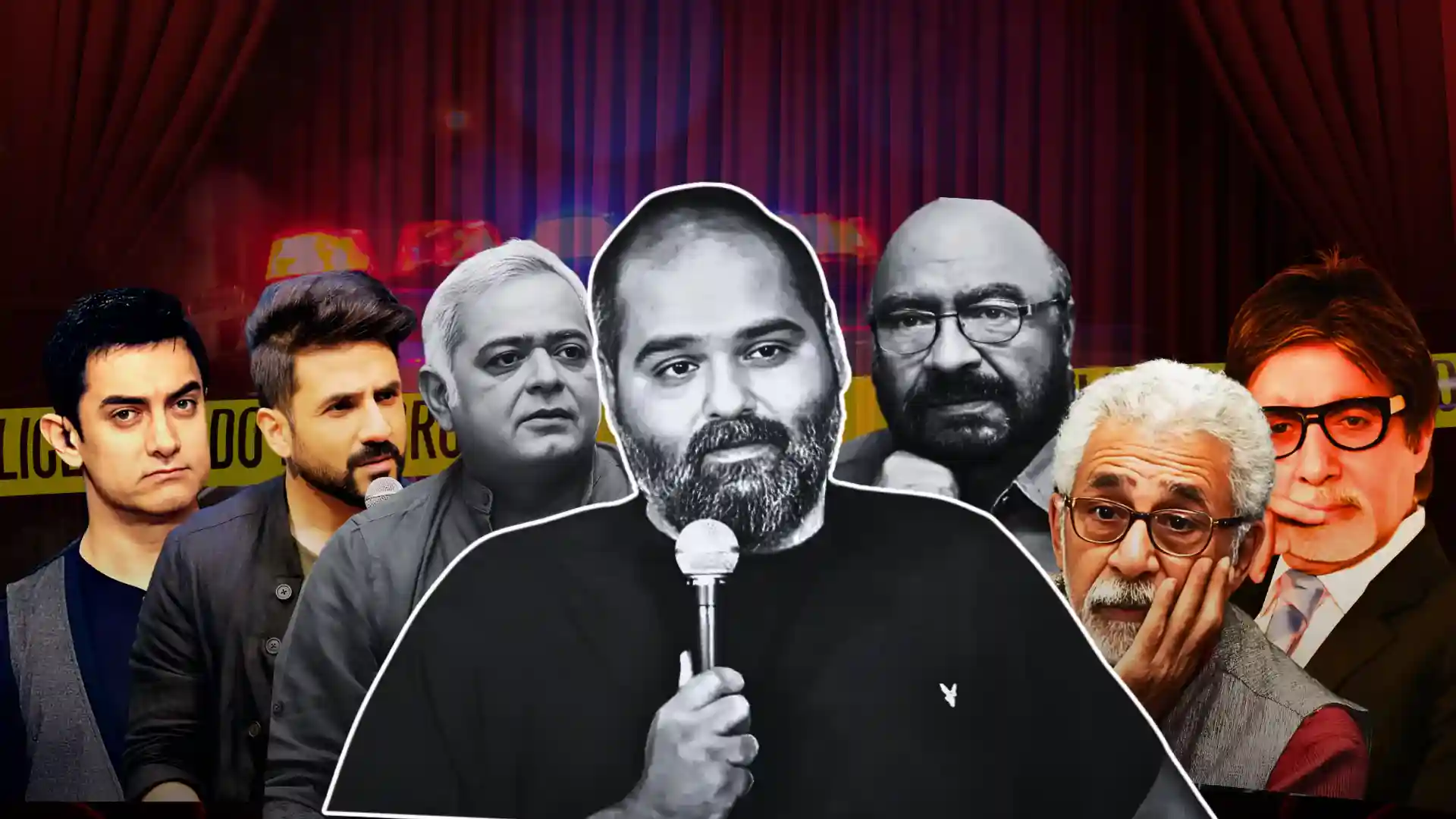In today’s India, movies that question authority often don’t survive. A bold film can trigger public outrage, trending hashtags, and censorship orders, not because it’s wrong, but because it’s uncomfortably right. From satirical comedies to harrowing dramas, some of India’s most impactful films might not stand a chance today.
Let’s revisit five unforgettable titles that weren’t just ahead of their time; they were brave enough to show the truth. And in today’s climate, that truth might be too risky.
1. Jaane Bhi Do Yaaro (1983)
Theme: Corruption, Bureaucracy, and Political Greed
This black comedy follows two photographers who accidentally uncover a web of political and corporate corruption. With unforgettable scenes like the absurd Mahabharata play and a trail of dead bodies, the film highlights how deeply compromised the system is. If this satire hit theatres now, it would be labeled “anti-national” for portraying powerful figures as clowns and crooks.
2. Ek Doctor Ki Maut (1990)
Theme: Scientific Breakthrough Meets Red Tape
Inspired by a real scientist, this film tells the story of a dedicated doctor who discovers a vaccine for leprosy, only to be punished by the very system that should support him. Bureaucrats stall his work, and jealous peers discredit him. The film openly calls out state apathy and private interests. Today, with the influence of pharma giants, this script might be shut down before production even starts.
3. Ardh Satya (1983)
(1983) Ardh Satya – Smita Patil, Om Puri. Poem by Dilip Chitre. pic.twitter.com/mX8AVicW86
— Film History Pics (@FilmHistoryPic) May 4, 2021
Theme: Police Power and Internal Collapse
Om Puri’s portrayal of a troubled cop facing corruption, violence, and personal demons is brutally honest. The film doesn’t glorify the uniform; it questions what happens when those enforcing the law lose faith in it. In today’s political climate, where image control is key, this portrayal of a conflicted, broken officer might be seen as an attack on law enforcement morale.
4. Aakrosh (1980)
Theme: The Silent Suffering of the Oppressed
A poor tribal man stands accused of a crime he didn’t commit. The real criminals, those with money, caste power, and legal influence, walk free. The film is loud in what it shows, but quiet in how the protagonist reacts. That silence screams injustice. In today’s world, where caste conversations are still volatile, the film might be accused of disturbing public harmony.
5. Garm Hava (1974)
Theme: Life for Muslims After Partition
Set just after India’s Partition, the film shows a Muslim family trying to hold onto their home and dignity. Their pain isn’t dramatized, it’s lived. Unlike films that reduce communities to caricatures, Garm Hava treats its characters with depth and care. Right now, such a film could easily be targeted as “minority appeasement” and labeled divisive.
These Stories Matter Now More Than Ever
Each of these films brought something essential to the screen: courage. They weren’t afraid to talk about corruption, violence, discrimination, or displacement. They challenged viewers to think, and that can be dangerous in times when silence is safer.
Watch these films. Talk about them. Recommend them. If the stories we tell shape the world we live in, then these films offer a sharper, clearer lens than many made today.













